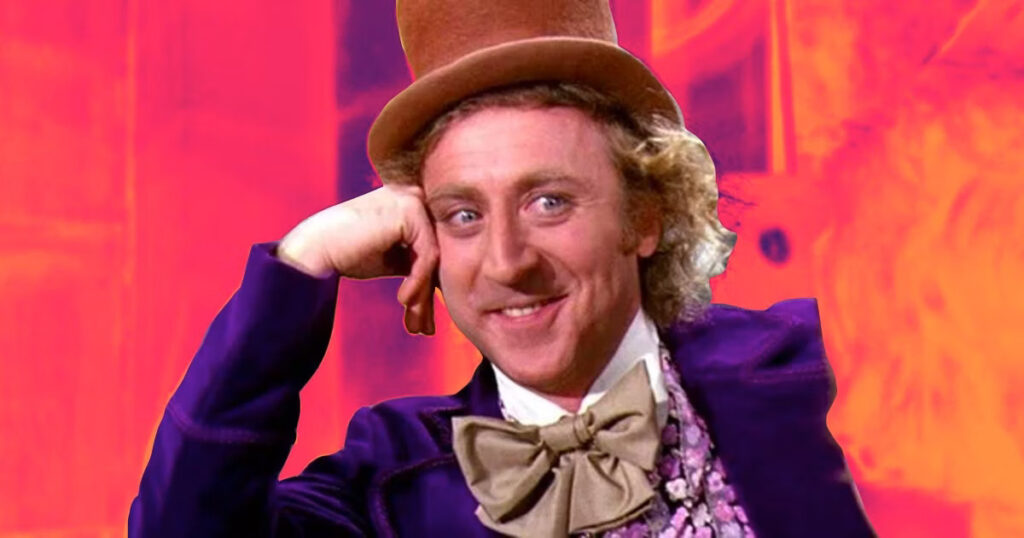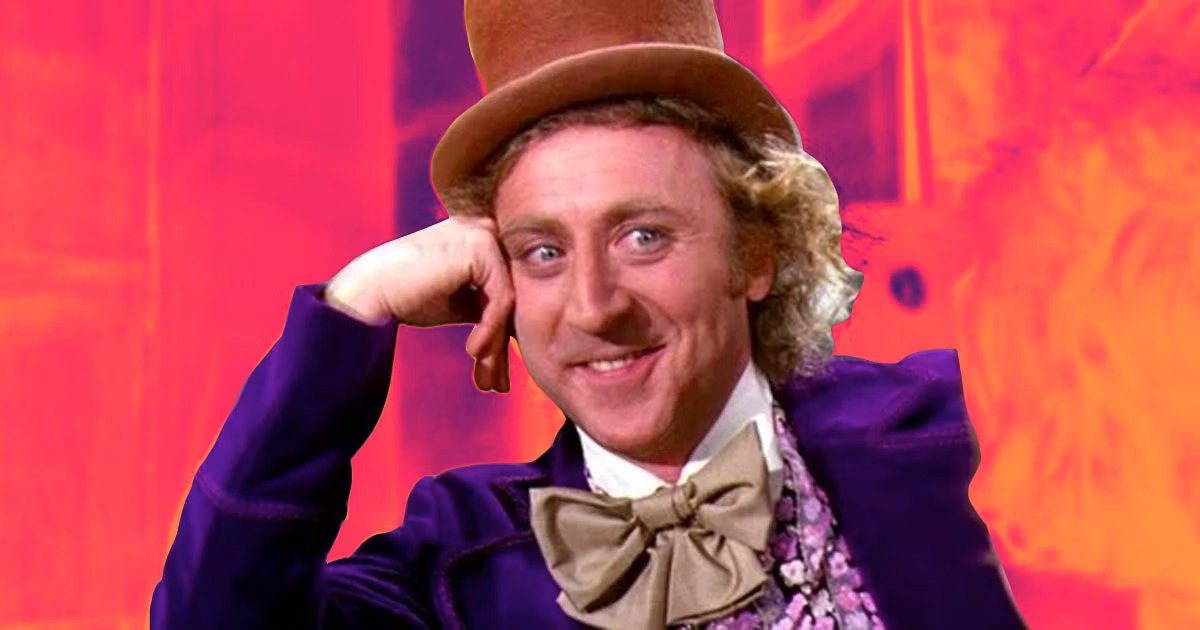
Gene Wilder, a legendary actor known for his iconic roles in classic films, left an indelible mark on the world of cinema with his portrayal of Willy Wonka in the 1971 film “Willy Wonka & the Chocolate Factory”. When Tim Burton’s remake, “Charlie and the Chocolate Factory,” was released in 2005 with Johnny Depp as Willy Wonka, Wilder was notably critical of the new adaptation. His disapproval stemmed from several key reasons, which we will explore in this article.
Gene Wilder’s Iconic Portrayal of Willy Wonka
Before delving into Wilder’s critique of the remake, it’s important to understand the significance of his portrayal of Willy Wonka. The 1971 film, directed by Mel Stuart, is cherished by many for its whimsical charm and Wilder’s eccentric yet endearing performance. His Willy Wonka was a blend of warmth, mystery, and a touch of madness, making the character unforgettable.
Wilder’s Unique Interpretation
1. Whimsy and Charm: Wilder’s Willy Wonka was whimsical, with a playful demeanor that captivated audiences. His performance struck a delicate balance between being enchanting and slightly menacing, a combination that resonated with viewers of all ages.
2. Subtle Darkness: While maintaining a friendly exterior, Wilder’s Wonka had an underlying darkness that added depth to the character. This subtle edge made his portrayal complex and layered, contributing to the film’s lasting appeal.
3. Personal Connection: Wilder’s portrayal was deeply personal, infused with his unique comedic timing and sensitivity. His connection to the character was evident, and it became one of his most beloved roles.
Tim Burton’s Vision and Johnny Depp’s Performance
When Tim Burton decided to remake the classic story in 2005, he brought his distinctive gothic style to the film. Johnny Depp’s portrayal of Willy Wonka was markedly different from Wilder’s, characterized by a more eccentric and detached demeanor.
Burton’s Darker Tone
1. Visual Style: Burton’s version was visually darker and more stylized, with a focus on elaborate set designs and a unique aesthetic. This departure from the original’s colorful and whimsical tone was a significant change.
2. Psychological Depth: Depp’s Wonka was portrayed with a greater emphasis on psychological complexity, exploring the character’s backstory and emotional issues. This interpretation added a new dimension to Wonka but deviated from the original’s approach.
3. Quirkiness Over Charm: Depp’s performance leaned heavily into quirkiness, with an emphasis on odd mannerisms and a detached personality. This portrayal was a stark contrast to Wilder’s charming and subtly dark Wonka.
Gene Wilder’s Criticisms
Gene Wilder was vocal about his dissatisfaction with Burton’s remake. His criticisms were rooted in several key aspects, reflecting his deep connection to the original film and his vision of Willy Wonka.
Commercialization Concerns
1. Unnecessary Remake: Wilder believed that the original film did not need a remake. He saw the 1971 version as a classic that stood the test of time and felt that remaking it was unnecessary and driven by commercial interests rather than artistic merit.
2. Lack of Originality: He criticized Hollywood’s tendency to remake successful films instead of creating original content. Wilder saw the remake as a symptom of a broader trend in the industry, prioritizing profit over creativity.
Differences in Interpretation
1. Departure from the Original: Wilder was displeased with the significant departures from the original film’s tone and style. He felt that Burton’s darker and more eccentric approach lacked the charm and magic that made the original so special.
2. Personal Connection: Wilder’s personal connection to the character and the original film was profound. He felt that Depp’s portrayal and Burton’s direction did not capture the essence of Willy Wonka in the way he had envisioned and performed it.
Public Statements
1. Public Criticism: In various interviews, Wilder did not shy away from expressing his disapproval. He referred to the remake as an “insult” and criticized the direction and portrayal of the character.
2. Impact on Fans: Wilder’s criticisms resonated with many fans of the original film, who shared his sentiment. His public statements added to the discourse surrounding the remake and highlighted the deep affection people had for his portrayal of Willy Wonka.
Conclusion
Gene Wilder’s iconic portrayal of Willy Wonka remains a beloved part of cinematic history. His disapproval of Tim Burton’s remake of “Charlie and the Chocolate Factory” stemmed from a combination of his deep personal connection to the original film, concerns about commercialization, and differences in artistic interpretation. Wilder’s criticisms highlight the challenges and risks involved in remaking classic films, particularly when the original performances have left such a lasting impact on audiences. For a deeper dive into the nuances of film remakes and their reception, visit The Insider’s Views.
